
Related Posts
Is Your Career Change A Bad Idea? Consider The Pros And Cons
Is changing careers a bad idea or the decision you’ll ever make? Explore the possibilities.
Why Career Change Procrastination Is Normal — And How To Find Its Cause
Procrastination is common but frustrating. Explore what’s causing you to procrastinate on your career change.


